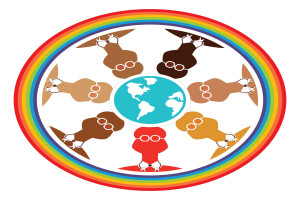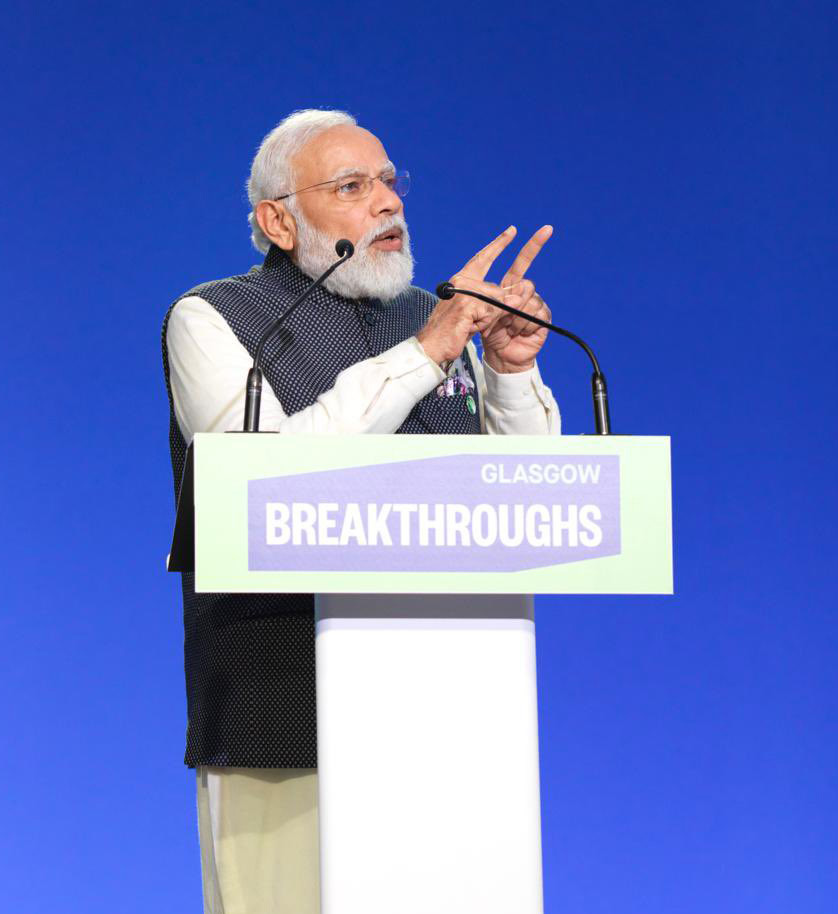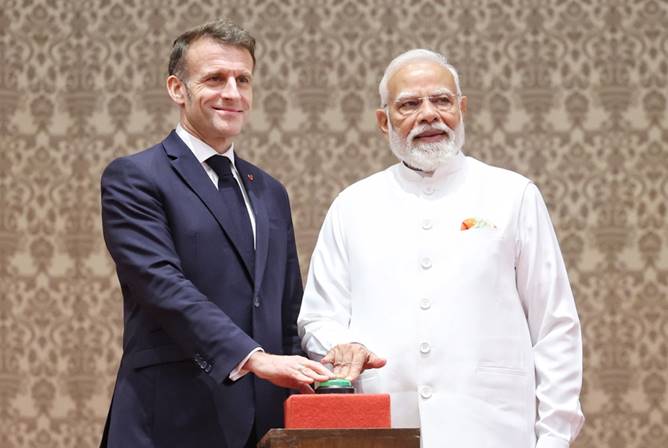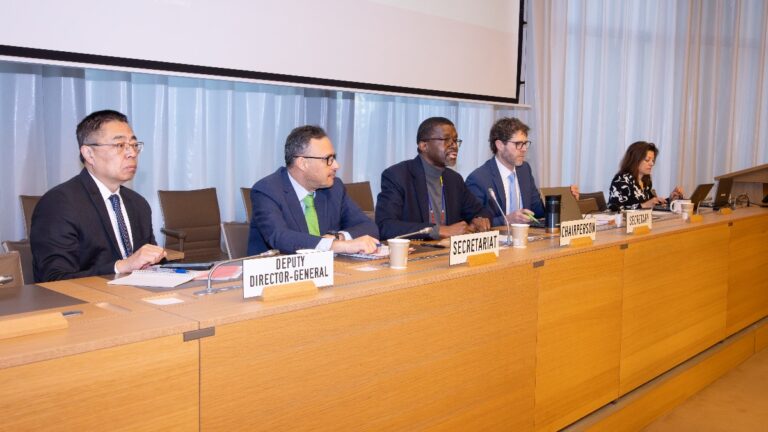
Post Mortem
 By Dr. Indira Khurana*
By Dr. Indira Khurana*
As the curtains drop on COP26 on November 12, the much-awaited event wherein political leadership was expected to take firm, bold but futuristic steps to save the planet and humanity, has been a bit of a disappointment. Powerful leaders across the globe came, made few commitments, taunted other leaders and left.
As people continued to demand action, taking to the streets, braving the cold, and COVID 19, stories and speeches flooded social media, the leadership was gone, largely without furthering the expectations and interests of a large population who voted for them, including youth and children – future voters.
Pledges made on the side
Some of pledges signed so far included: Ending deforestation; Ending use of coal with 190 signatories; Clean technologies with 35 signatories and Nature and agriculture, with 45 signatories .
More than 130 countries have pledged to halt and reverse forest loss and land degradation by 2030, and signatories include Brazil, the Democratic Republic of Congo and Indonesia, home to 90 % of the world’s forests, Canada, China, the UK and the US. Indonesia later informed that it wants to reduce deforestation, not end it. Asian countries which have signed up to the pledge include Bangladesh, Bhutan, Nepal, Pakistan and Sri Lanka.

Some 45 countries, including India pledged on ‘Urgent action and investment to protect nature and shift to more sustainable ways of farming. ‘The pledge includes leveraging over $ 4 billion of new public sector investment into agricultural innovation. In case of India, one hope that this focus on sustainable agriculture will mean adopting cropping patterns that are aligned with ecology and augmenting water availability through harvesting, reusing water and bringing in efficiency in use.
From science to semantics
In July 2021, more than 14,000 scientists from 153 countries signed their name to a research that warns of the incoming climate emergency.
For the last couple of years, more since the COVID-19 pandemic, heads of multilateral institutions such as WHO, the UN, even the latest IPCC report released in August this year, have not spared words. The report mentioned that this was Code Red for the Planet.
During COP, the UN Secretary General Antònio Guterres once again did not mince words:
- Our addiction to fossil fuels is pushing humanity to the brink. It’s time to say enough
- Enough brutalising biodiversity
- Enough killing ourselves with carbon
- Enough treating nature like a toilet
- Enough burning and drilling our way deeper
- We are digging our own graves.”
Evidence and communication have been at an all-time high, it’s the decision and action needed that continues to be laggard.
Is the skepticism justified?
The first few days of the COP26 did see a deluge of announcements from political leaders. The global methane pledge to curb methane emissions by 30 % by 2030 has been signed by more than 100 countries. Scientist would have preferred a commitment of 50 %.
Scientists and the public at large is skeptical about commitments about mid-century pledges since it’s easier to make long term promises but hard to make difficult short term pledges and commitments that are painful but required to be made if at all the long term pledges are to be made.
The track record of previous commitments has also not been great. The long-standing UN pledge to reverse biodiversity loss remains a distant dream. In absence of an enforcement mechanism, targets will continue to remain unmet. Committed climate finance has not been forthcoming.
Scientist fear that governments have left it a bit in the day to achieve their commitment of achieving net zero. China and Saudi Arabia have committed to net zero targets by 2060 while India has committed to 2070. The UK, with its ambitious targets of cutting emissions in simultaneously trying to open a new oil field. According to Prof Martin Siegert of the University of London, “The longer you leave it the more difficult it will be deliver net zero by 2050.”
Taking the bull by the horns
The larger question of the current GDP-based growth model that was found on extraction, encroachment, and displacement, which devastated the environment, sickened people, and widened inequality gaps, were not discussed. However, what did find more traction in discussions were the need to protect nature and biodiversity. These and related issues were highlighted also because of the pressure of civil society organizations, scientists and activists across the globe who for the last few years have focused on drawing attention to these issues and also building networks and alliances. Hundreds of thousands of people were protesting out in the streets not only in Glasgow but in cities like Copenhagen, Pairs, Sydney, Melbourne, Istanbul and London, to name a few.
Attention to small scale farmers was drawn by British actor Idris Alba who highlighted their plight. Some 80 per cent of the food is provided by small scale farmers. Climate change is playing havoc with these farmers who had little financial cushion to fall back on. With uncertainties around the weather and increases in disasters and unpredictable weather had upset their agricultural practices and reduced yields. The draft of the COP agreement circulated by the UNFCCC (United Nations Framework Convention on Climate Change) does not even mention the impact of climate change on water resources and the related disasters that communities across the world are facing.
While pledges are an important development, it is critical that governments now develop policies, plans for the implementation of these pledges. Having a robust plan will help in tracking and achieving progress towards net zero.
Already in 2020, some 30 million people around the world were forced to leave their homes because of climate change. The next few days – and years – will inform whether COP 26 was a winner or a wash out. But it is increasingly becoming clear that communities across the globe will need to play a central role in equitable climate change adaptation, where nature and all its resources are nurtured and planetary boundaries respected, restored and rejuvenated to the extent that is now possible.
Meanwhile youth climate activists are filing a legal petition the UN Secretary General to declare a ‘system-wide climate emergency, a global level 3 emergency, the UN’s highest category’.
*Indira Khurana, PhD, is the Chairperson of Indian Himalayan River Basins Council





